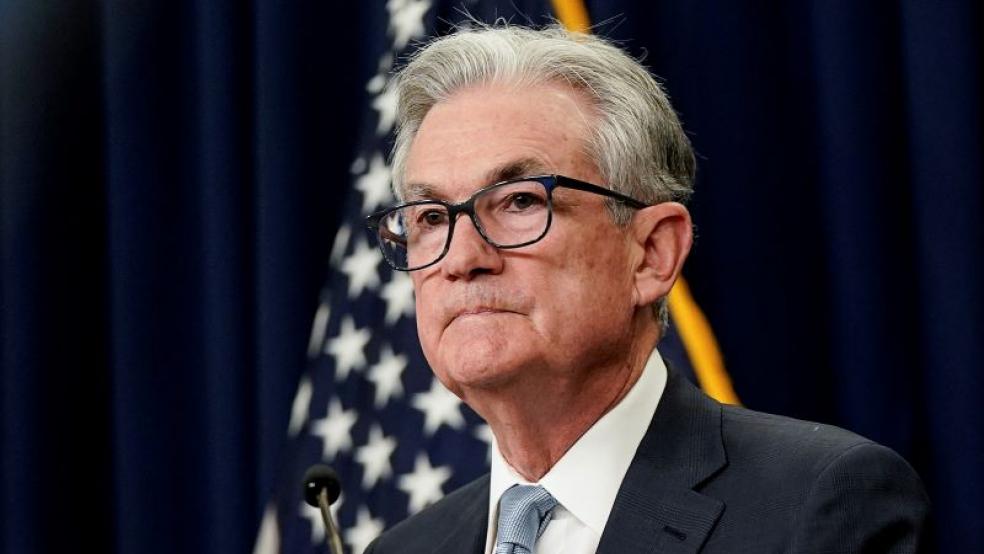Federal Reserve Chair Jay Powell said Wednesday that the central bank aims to break the back of inflation, and there’s no guarantee that it can spare the U.S. from recession as it does so.
A growing number of economists are worried the Fed will push too hard in its effort, sacrificing jobs and growth as it drains liquidity and slows the economy, but Powell made it clear that he is more worried about inflation than recession. “Is there a risk we would go too far? Certainly there’s a risk,” he said. “The bigger mistake to make—let’s put it that way—would be to fail to restore price stability.”
The main worry for the Fed is that economic conditions have changed fundamentally, driven by the pandemic and the Russian invasion of Ukraine, which threaten to push prices for basics like food and fuel higher for an extended period of time. “The risk is that because of the multiplicity of shocks you start to transition to a higher inflation regime,” Powell told a panel at the European Central Bank conference in Portugal. “Our job is literally to prevent that from happening, and we will prevent that from happening. We will not allow a transition from a low-inflation environment into a high-inflation environment.”
Powell also indicated that the post-pandemic economy could be transformed, both by the inflationary wave and the battle to control it. “The economy is being driven by very different forces,” he said. “What we don't know is whether we'll be going back to something that looks like, or a little bit like, what we had before.”
Clock is ticking: Powell said bank officials see a need to move quickly. “The clock is kind of running on how long will you remain in a low-inflation regime,” he told the conference.
At the same time, Powell said that it has become “significantly more challenging” to achieve the Fed’s goal of a soft landing, in which the growth remains positive and unemployment rises only modestly. “The pathways have gotten narrower,” he said.
Speaking at the same conference, European Central Bank President Christine Lagarde said she doesn’t think “that we are going to go back to that environment of low inflation.” And Cleveland Fed President Loretta Mester said that the central bank has adjusted its overall view of inflation. Before the pandemic, the Fed was more worried about overreacting to inflation and stifling growth in the name of price stability. Now, the balance has shifted, and reining in inflation is taking precedence. “The more costly error is assuming inflation expectations are anchored when they are not,” Mester said.




